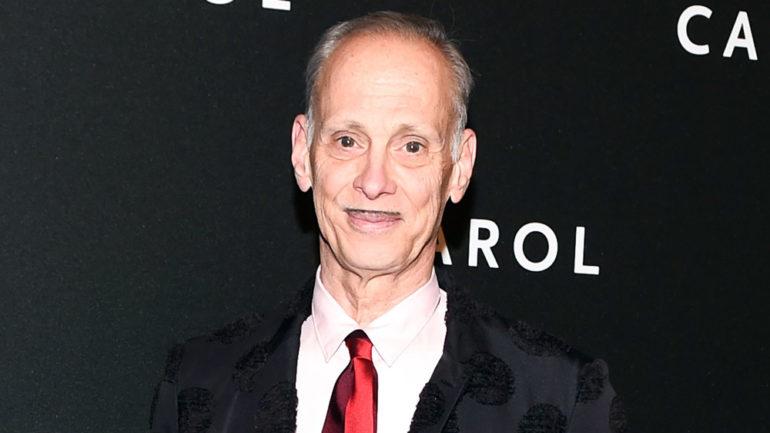Locarno: John Waters on a Career Inside and Outside of Hollywood
By Guy Lodge
LOS ANGELES (Variety.com) – It’s 50 years since John Waters made his first feature film, “Mondo Trasho” — a scuzzy, Divine-starring underground ride that set the tone for a career of joyously offending delicate sensibilities and expanding the boundaries of U.S. indie cinema, through such now-celebrated films as “Pink Flamingos,” “Polyester” and the original, pre-Broadway incarnation of “Hairspray.” With Locarno celebrating Waters’ films with a mini-retrospective and the Pardo d’onore Manor award for career achievement, we caught up with the 73-year-old to discuss cinematic rebellion, past and present.
Half a century ago, when you were releasing your first feature, you can’t have imagined that you’d now be getting career awards and retrospectives at a major film festivals.
I know, I love it. It’s so different, though. When I was growing up, people’s parents found my films and called the police. Now people say to me, “My parents love you, they showed me ‘Pink Flamingos.’” And I think, God, how old were you? But, well, they seem to have turned out all right.
See, you were making family films all along, and just didn’t know it.
Yes! It’s touching, sometimes, when I see a mother or father with their children that are obviously giving them big trouble, and they’re angry — and they’ve brought them to see me in a last-ditch effort to bond.
Locarno is showing your film “Cecil B. Demented” in the Piazza Grande — that’s not an obvious choice.
I usually try to pick the ones that maybe everybody hasn’t seen. I figure that most of the people that are going to come to my retrospective, even if they’re young, they’ve probably seen “Pink Flamingos” and “Female Trouble.” And look, I think the best movie I ever made was “Serial Mom,” but I like them all the same. I’m like a proud parent, it doesn’t matter to me. But sometimes you favor the ones that don’t do as well, because it’s like having a problem child.
It’s been 15 years since your last feature, “A Dirty Shame,” but you’re still so active creatively. Is filmmaking something you miss?
Well, I still deal with Hollywood all the time like I did before. And there’ve been development deals that didn’t work out: I had one to write a sequel to the musical (of “Hairspray”), and then a children’s Christmas movie called “Fruitcake” that didn’t get made. So it’s like I’m active in Hollywood and not active in Hollywood at the same time. Criterion keeps releasing these beautiful restorations of my films. But honestly, I think my books do better now. I’ve written a lot, I keep telling stories, I have a Christmas show where I do 18 cities in 21 days. So I’m busier than I’ve been in my entire life. So I have no bitter feelings about Hollywood. All my films are still pretty easy to see. Kids know who I am. I think I’ve had a great career in show business.
Still, has the support system for the kind of independent cinema you made fallen away in the industry?
Basically, in the last half of my career, they were Hollywood movies. I would pitch them and get them there, and six to eight million dollars was routine for that. Now they say, of course, you can make it for a million, but they still want movie stars. I can’t afford that. And I don’t want to go back where I started. I’m not going to be an anarchist at 75.
I know you watch and engage very actively with contemporary cinema — people eagerly await your annual top 10 every year. Do you think genuinely subversive filmmaking is still out there?
Oh, sure. Look at Gaspar Noe’s last movie, “Climax.” Or Lars von Trier — he still makes shockers. But they’re making movies in countries where governments support them and fund them. That’s wonderful. That’s socialism I’m for. I tell you, I’m shocked by Hollywood’s lack of ideas — but then, our government doesn’t even know what an art film is.

